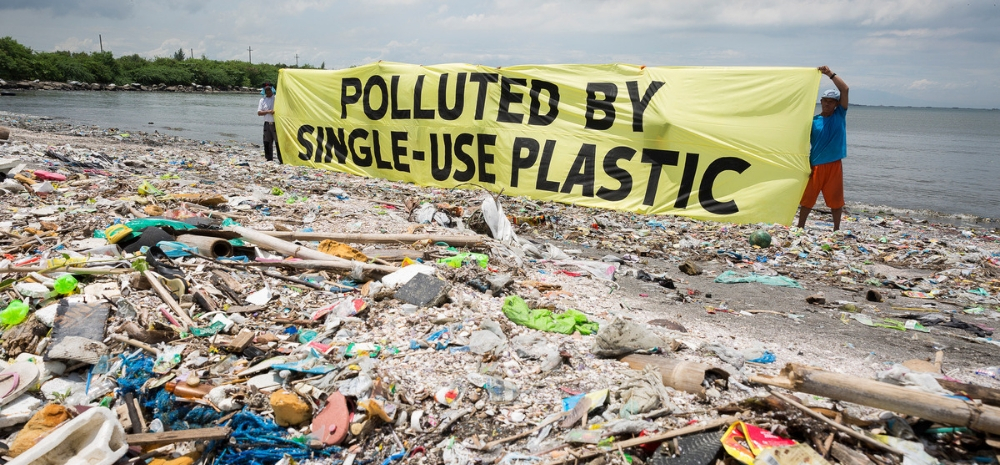Magic! This Inventor Can Convert 1 Kg Plastic Into 1 Litre Of Petrol – Checkout How It’s Done
This invention can solve the issue of plastic, and power, both in one shot

Plastic possesses a lot of hazards and they have been proved time and again, leading to the ban of the not so eco-friendly material. To help the world get over this abomination of a substance, a French inventor has designed the innovative machine that converts plastic into petrol!
How does this machine work? Read on to know all about the new invention!
The Chrysalis by Christopher Costes
Innumerable attempts are being made to dispose of plastic in the right way and some of them are absolutely groundbreaking. One such machine has been designed by Christopher Costes, a French actor, and a self-taught inventor, and it has been named as Chrysalis.
To develop the machine, Costes worked with an environmental organization called Earth Wake. they plan to build a prototype into a commercial device. This prototype will cost around 50,000 euros.
This is a machine which is relatively low-tech and is able to convert plastic waste to petrol and diesel.
Working of the Chrysalis
The machine consists of a 450-degrees-Celsius reactor. Bits of plastic are fed to the reactor to pyrolise them, which is a method in which plastic is decomposed with the help of high heat. At the end of this process, this machine then produces a liquid which comprises of 65% diesel, 18 percent petrol, 10 percent gas, and 7 percent carbon.
The diesel can be used in generators or boat motors, the petrol the machine produces can be used in heating or powering lamps. The gas can also be used for heating and the carbon for crayons or colorants.
Costes said, “This (pyrolising) breaks up the plastic molecules and transforms them into lighter hydrocarbons. They go up into the distillation tower, and separate into diesel, petrol and at the top of the tower, there is gas, which is stored in a reservoir.”
Future Plans of Chrysalis
Currently, the machine is capable of converting 10 tonnes of plastic into fuel every month. One kilo of plastic can produce one liter of the liquid fuel. If not much, this is definitely a major plus for developing countries where fuels are expensive and disposal of plastic is a huge problem.
Francois Danel from Earth Wake said, “We want the model to be economically sustainable so that it becomes viable, and can be duplicated more and more as time goes on.”
How do you think will this machine help disposal of plastic? Share your thoughts with us right here in the comments section!

Comments are closed, but trackbacks and pingbacks are open.